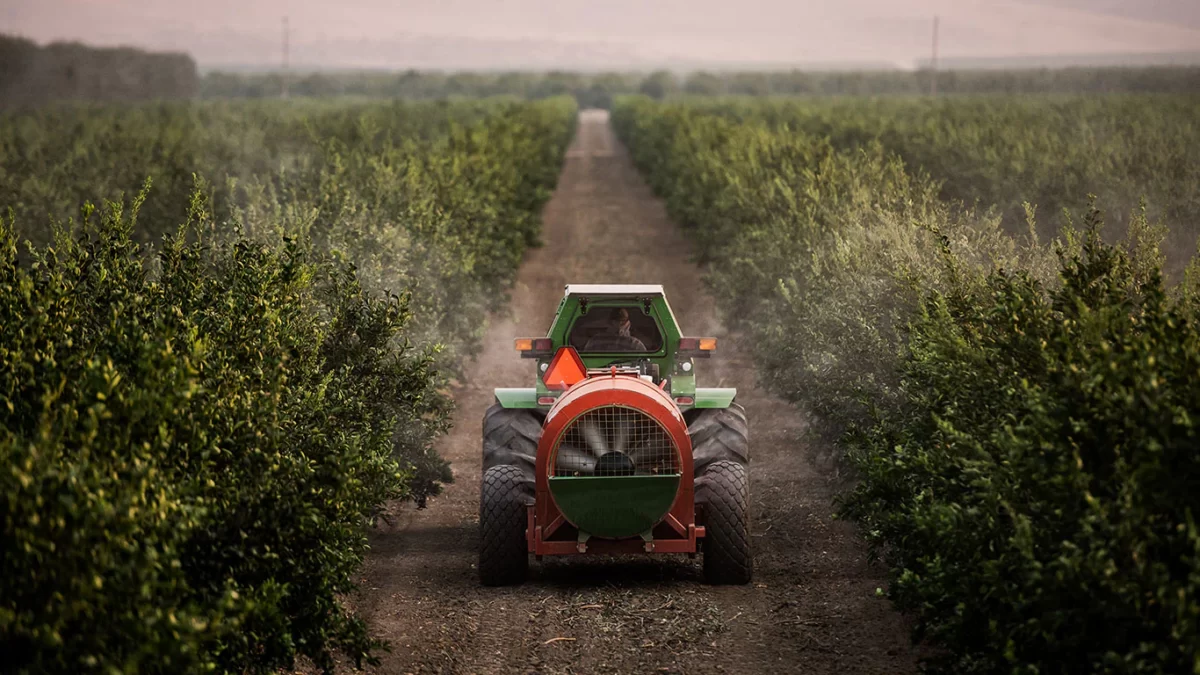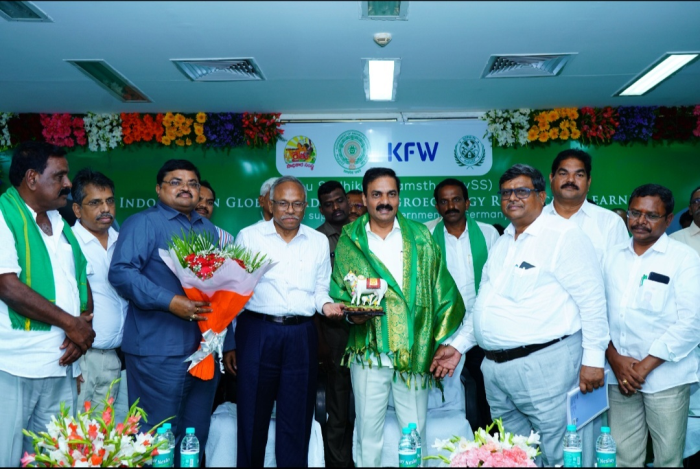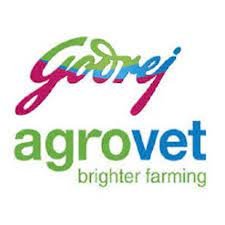John Deere acquires a precision spraying equipment company Smart Apply
Deere plans to offer Smart Apply throughout much of its dealer network in North America and Australia and will be exploring additional opportunities in new markets.
Deere & Company has acquired Smart Apply, Inc., a precision spraying equipment company based in Indianapolis, Indiana. The company developed the Smart Apply Intelligent Spray Control System™, an upgrade kit that can improve the precision and performance of virtually any air-blast sprayer used in orchard, vineyard, and tree nursery spraying applications. Smart Apply helps growers reduce chemical use, airborne drift, and run off, while optimizing high-value crop yields and meeting sustainability objectives. John Deere has worked with Smart Apply since 2020.
“This is a natural progression of the two companies’ working relationship,” said Mike Bailey, Director, Small Tractor & HVC Production System at John Deere. “It’s a continuation of our commitment to high-value crop customers and dealers, further expanding a portfolio of solutions to help growers address their biggest challenges around labor, input costs, and regulatory requirements, and achieve environmental goals.”
Smart Apply was founded in 2014 and has approximately 20 full-time employees. Smart Apply is primarily sold through John Deere dealers in the U.S., Australia, New Zealand, South Africa, Canada, and England. In the future, Deere plans to offer Smart Apply throughout much of its dealer network in North America and Australia and will be exploring additional opportunities in new markets.
Smart Apply’s precision spraying helps achieve up to 93 per cent less chemical runoff and up to 87 per cent reduction in airborne drift, while reducing chemical use an average of 50 per cent. With less chemical use, growers also average a 50 per cent reduction in water use.
Smart Apply spraying chemicals to crops in a field during dusk.Smart Apply helps growers reduce chemical use, airborne drift, and run off, to optimize high-value crop yields and meet sustainability objectives. Smart Apply spraying chemicals to crops in a field during dusk.Smart Apply helps growers reduce chemical use, airborne drift, and run off, to optimize high-value crop yields and meet sustainability objectives. Smart Apply spraying chemicals to crops in a field during dusk.Smart Apply helps growers reduce chemical use, airborne drift, and run off, to optimize high-value crop yields and meet sustainability objectives.
Sophisticated LiDAR (light detection and ranging) technology senses the presence of individual trees and vines and automatically adjusts spray volume based on foliage density to optimize protection. The system stops spraying between trees and rows, adjusting without human intervention. Smart Apply’s proprietary, GPS-enabled software captures a broad spectrum of data while it sprays. The system documents date and time of spraying, overall spray volumes, chemical savings, tree counts, canopy volume, health of individual trees or vines, and acres/hectares sprayed. The precision data leads to a deeper understanding of an orchard’s or vineyard’s productivity, profitability, health, and sustainability.
“Both John Deere and Smart Apply recognize the importance of high-value crops and are committed to investing in innovation and technology that best serves producers who raise high-value crops and helps solve their problems,” said Jerry Johnson, President and CEO at Smart Apply.
Deere plans to offer Smart Apply throughout














